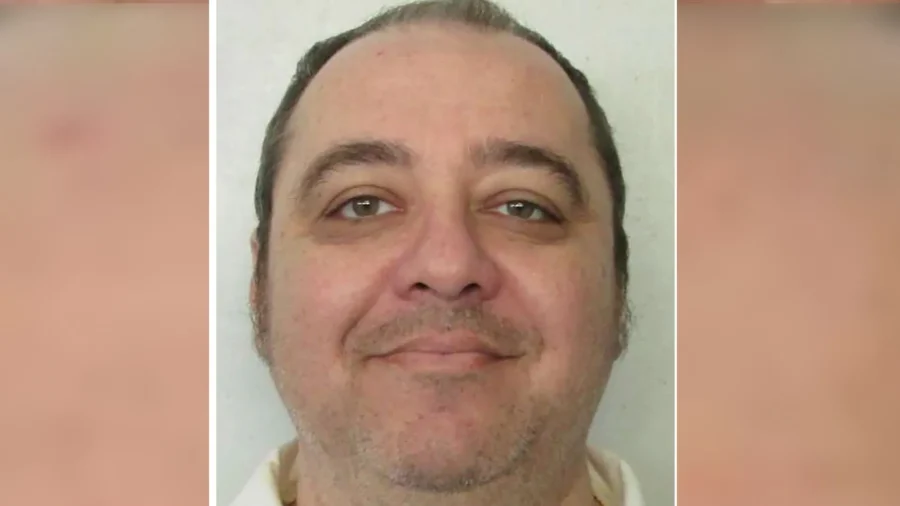MONTGOMERY, Ala.—The Alabama Supreme Court on Friday rejected the appeal of a death row inmate who is scheduled to be the first person put to death with nitrogen gas and had argued that he shouldn’t face execution after a previous attempt at a lethal injection failed.
Justices without dissent rejected arguments that a second attempt to execute Kenneth Eugene Smith would violate federal and state bans on cruel and unusual punishment. A circuit judge had previously rejected Mr. Smith’s argument, and the decision was upheld by a state appellate court. State justices declined to review the decision.
“The Court of Criminal Appeals concluded that a second execution attempt under such circumstances would not constitute cruel and unusual punishment in violation of the United States and Alabama Constitutions—a conclusion that is not contradicted by the Supreme Court’s rulings,” Justice Greg Cook wrote in a concurring opinion.
Mr. Smith, 58, is scheduled to be executed on Jan. 25 by nitrogen hypoxia, a method of execution authorized in three states but that has never been used to put an inmate to death. Under the method a mask is placed over the inmate’s nose and mouth and breathable air is replaced with nitrogen, causing death from lack of oxygen.
The Alabama Department of Corrections attempted to give Mr. Smith a lethal injection in 2022. Mr. Smith was strapped to the gurney in the execution chamber, but the execution was called off when execution team members couldn’t connect the second of two required intravenous lines to Mr. Smith’s veins.
The state case was one of two ongoing appeals by Mr. Smith. A federal judge in a separate case on Wednesday ruled that the new method did not violate the ban on cruel and unusual punishment and rejected Mr. Smith’s request for a preliminary injunction to block the execution. The 11th U.S. Circuit Court of Appeals next week will hear oral arguments in Mr. Smith’s appeal of that decision
Mr. Smith was one of two men convicted of the 1988 murder-for-hire slaying of a preacher’s wife. Prosecutors said Mr. Smith and the other man were each paid $1,000 to kill Elizabeth Sennett.


